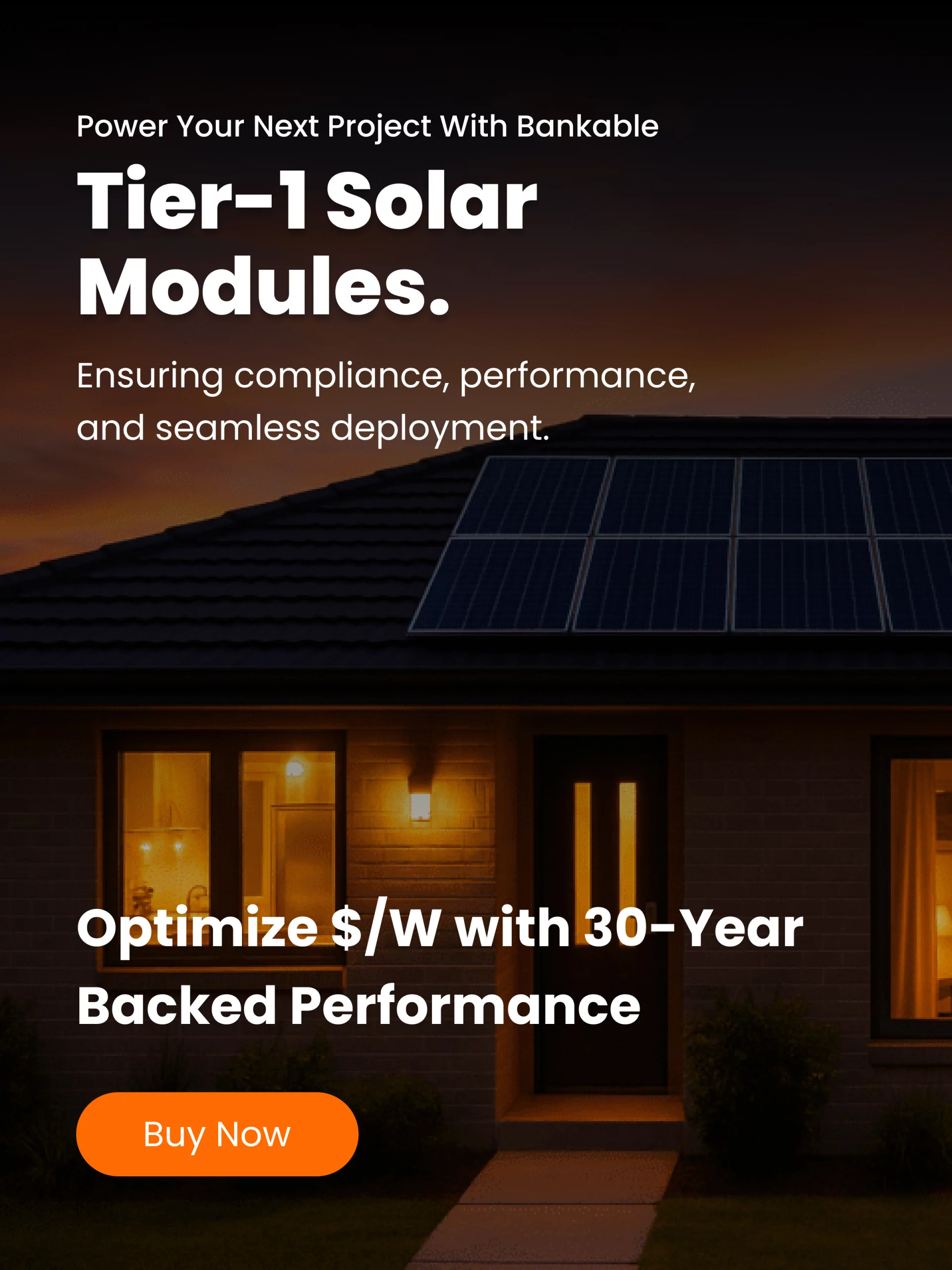No traffic, no sound pollution, no noisy neighbors keeping you up at 3 a.m. Sounds like a dream, does it not? If you need an escape from all the chaos and it’s making you consider living off the grid, you are not alone.
However, as tempting as it may sound to live on an untouched landscape, off-grid living is not always as simple as it sounds. In fact, some state laws make it difficult to live off the grid.
If you are committed to the idea, then you’ll have to do extensive research on the land prices, local laws and regulations, weather and climate, local building codes, and property taxes relevant to each destination.
Considerations for living off the grid
Before you pack your whole life up and throw it in a van, there are a few things you will want to consider for it to be a smooth transition.
Depending on which state you live in, the conditions and laws may differ for the off-grid residents in each state. Here are a few factors you should take into consideration and their importance to you specific needs if your are serious about making the move:
Land Prices
Similar to buying land in the city or suburbs, land prices must be assessed to live off the grid. Your budget will vary drastically based on where you want to move. Although some lands may be more appealing due to their low price points, you should avoid moving somewhere completely unhabitable. Natural resources are crucial to off-grid living and it is important to choose a spot that gives you access to everything you will need to live in your non-chaotic living space.
Local Laws and Regulations
As mentioned above, there are states that discourage residents from off-grid living. They will have certain laws and regulations in place to limit your ability to stay disconnected from the local electrical grid and sewer system. In some cases, you might even be penalized for doing so. Therefore, looking into the laws and regulations will help you navigate through the limitations placed by the state and transition to isolation without government interference.
Weather and Climate
This factor is a given, considering you already know your preference in weather. Pick a location based on which state is home to your ideal climate. Looking into the historical weather patterns can be helpful in making the right decision. A pattern of natural disasters such as flooding, wildfire, or tornadoes is a sign that that location may not be the right one for you. Energy sources are also heavily linked to the weather and climate and should be looked into before any big move.
Property Taxes
Taxes. No matter where you move, the burden of taxes is bound to follow you. To avoid excess fees, research property taxes before committing to a plot. The size of your land and the state it’s in will heavily impact your tax dues. By designating your property as preserved wildlife, you will have the opportunity to save on taxes since smaller lands that are considered residential pose a higher tax rate.
Top US states that allow you to live off the grid
Now that we have ticked off some of the things you need to consider before committing to off-grid living, here are the top US states that have legalized off-grid living and offer a high standard of living to those choosing to do so.
1. Alabama
Alabama is one of the few states that offer low cost of living and property taxes which allows interested parties to purchase large tracts of land. The state also has a significant number of counties with fewer building codes which allows you to live and build on your plot freely. However, Alabama can get quite warm and is known for its hurricane and tornado activity. Purchasing land away from the coast will reduce the risk of potential flooding and long-term costs.
2. Missouri
Missouri may not be a tropical paradise, however, it is home to many beautiful lake communities where fishing and rainwater collection are made legal for its residents. They also have no requirements for septic systems. With its affordable taxes and manageable climate, Missouri can be the ideal location for you to live your off-grid dreams.
3. Georgia
Much like Missouri, Georgia also offers comfortable off-grid living options. The weather is manageable, there are unlimited farming and agriculture opportunities and the cost of living is below average. However, they are known to have stricter laws in individual counties.
4. Tennessee
Tennessee has the lowest cost of living and property taxes in the country. Additionally, With a 260-day growing season, Tennessee provides the best of all four seasons. With relaxed farming and rainwater collection laws, and limited building codes to develop your land as you please, it’s the perfect haven for off-grid lovers.
5. Texas
It is no surprise that Texas is on this list. The state is known for its affordability, vast undeveloped land, and long growing season in most regions. The only thing you will have to be mindful of is the lack of natural water sources and limited fishing and hunting opportunities.




